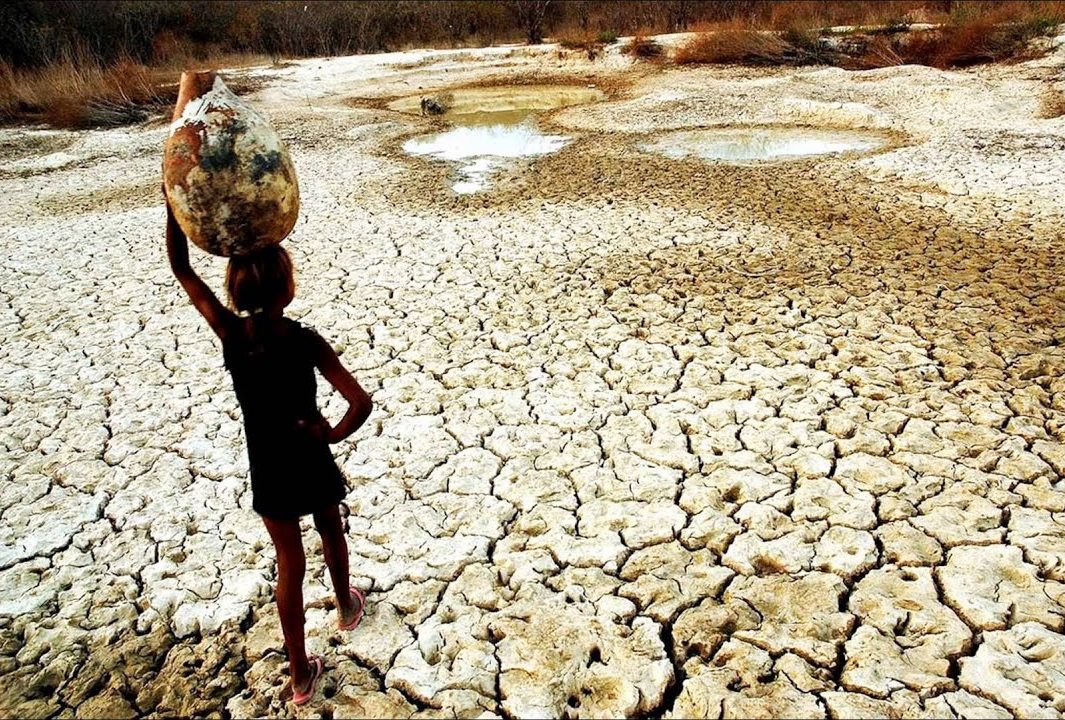Climate change represents one of the major global challenges of our time and has a significant impact on reducing poverty around the world. According to the United Nations (UN), by 2030, around 122 million people will be driven into extreme poverty due to climate change, if adequate measures are not taken to reduce greenhouse gas emissions and increase the resilience of communities. vulnerable.
The impacts of climate change include extreme weather events such as storms, heat waves, prolonged droughts and floods, which affect food security, public health, water and air quality and infrastructure. The areas most vulnerable to these impacts are those that are already in poverty, lacking the resources to recover from the negative impacts of climate change.
The UN estimates that the frequency and intensity of extreme weather events have increased in recent decades and will continue to increase if adequate measures are not taken. For example, the intensity and frequency of heat waves are increasing in many parts of the world, with a significant increase in heat-related deaths. The UN estimates that climate change will be responsible for around 250,000 additional deaths per year between 2030 and 2050.
Climate change affects poverty rates in several ways. One of the most significant ways is the influence on food security. Agricultural production in many regions of the world is heavily impacted by climate change, with droughts, floods and extreme weather events that can cause significant crop losses. This increases food prices and reduces food availability, which can lead to increased malnutrition, especially in rural areas and in developing countries.
Lack of access to clean water is another problem exacerbated by climate change. The UN estimates that around 2.2 billion people worldwide lack access to clean water and adequate sanitation. Climate change increases water scarcity in many regions of the world and can lead to conflicts over water use. In addition, lack of access to clean water increases the incidence of water-related illnesses such as diarrhea, which can be fatal, especially for children.
Climate change also affects human health in general. The increase in average temperature can increase the incidence of infectious diseases transmitted by mosquitoes and other vectors, such as malaria and dengue. The UN estimates that climate change could lead to a 25% increase in deaths from malaria by 2030. The poorest populations, who often live in vulnerable areas and have less access to adequate health care, are more susceptible to these diseases.
Furthermore, climate change has a significant impact on the global economy. Extreme weather events such as hurricanes and floods can cause significant damage to infrastructure, reduce agricultural production and affect international trade. The poorest communities are often the most affected by these events, as they often lack the resources to recover from these damages.
United Nations Debates the Urgency of Curbing Climate Change for Poverty Reduction
To combat climate change and reduce impacts on poverty, the UN emphasizes the need for urgent and coordinated action to reduce greenhouse gas emissions and increase the resilience of the most vulnerable communities. This includes investments in clean energy technologies such as solar and wind power, and increasing energy efficiency in buildings and transport. It is also important to improve access to safe water and basic sanitation and implement adaptation policies that help vulnerable communities prepare for the impacts of climate change.
Climate change affects food security in many ways. Agricultural production is particularly vulnerable to extreme weather events such as droughts and floods, which can lead to significant crop losses and reduced food availability. To face this problem, the UN highlights the importance of investments in infrastructure to help farmers adapt to climate change and adopt more sustainable agricultural practices. Furthermore, it is important to increase crop diversity and implement more effective food storage systems in order to minimize food loss.
The UN also highlights the importance of access to clean water and basic sanitation to combat the impacts of climate change on poverty. This includes implementing rainwater harvesting technologies and increasing efficiency in the use of water in agriculture. In addition, it is important to ensure the availability of adequate sanitation facilities and water treatment services to minimize the incidence of water-related illnesses.
To deal with impacts on human health, the UN highlights the importance of increasing surveillance and control of infectious diseases, as well as investing in more resilient and accessible health systems. This includes preventive measures such as controlling mosquitoes and other vectors, as well as implementing early warning systems for weather-related illnesses.
UN member countries have been working together to fight poverty and climate change. An example of this is the adoption of the 2030 Agenda for Sustainable Development, approved in 2015 and aimed at eradicating poverty, protecting the planet and ensuring prosperity for all.
The 2030 Agenda is made up of 17 Sustainable Development Goals (SDGs), covering areas such as health, education, gender equality, clean energy and climate change. The UN encourages countries to take concrete steps to achieve the SDGs, which include investing in clean energy technologies, adapting to climate change, strengthening the capacity of local communities and promoting economic sustainability.
UN member countries also work together on a variety of international initiatives to combat climate change. The Paris Agreement, for example, was signed in 2015 by 196 countries and sets ambitious targets to limit global temperature rise to less than 2 degrees Celsius above pre-industrial levels. The agreement also sets out a common commitment to reduce greenhouse gas emissions, increase climate resilience and mobilize finance for climate action.
In addition, UN member countries work together to develop innovative technologies and solutions to combat climate change and promote sustainable development. For example, the UN Sustainable Energy for All Initiative aims to provide clean, affordable energy to all people around the world by 2030 through investments in renewable energy technologies, energy efficiency and access to modern energy services.




